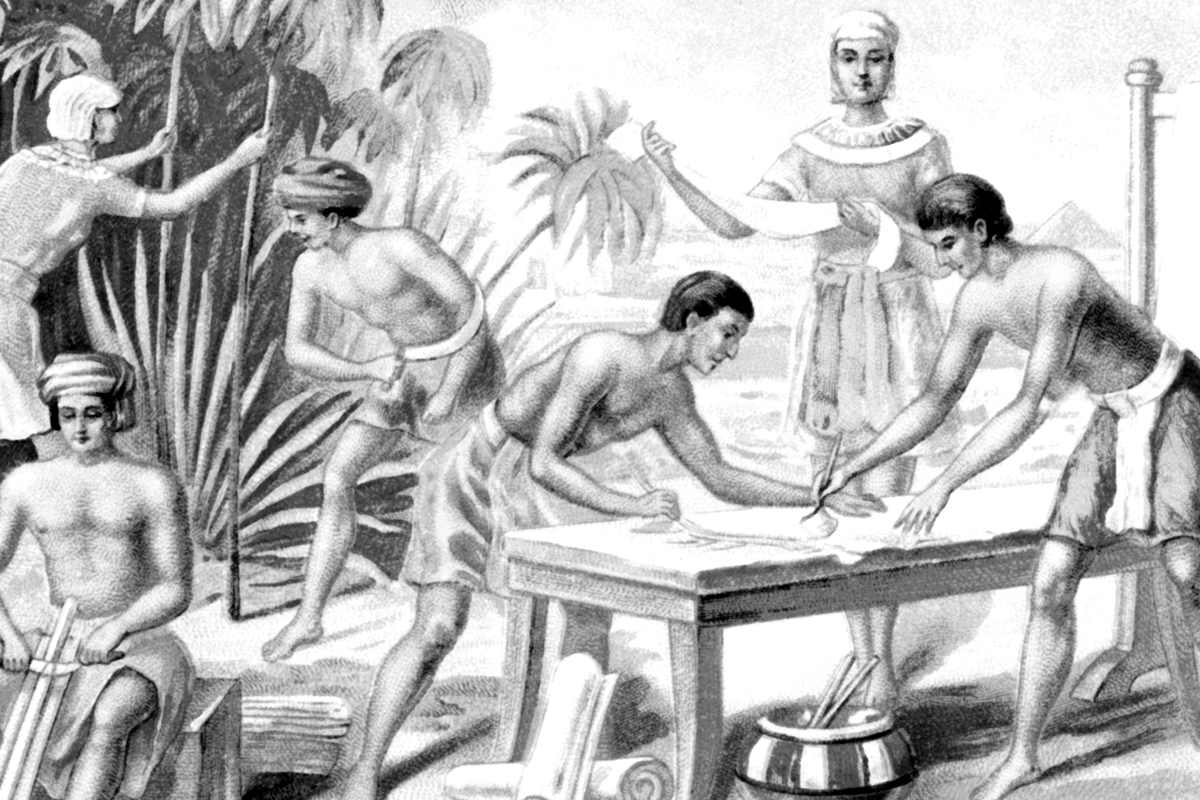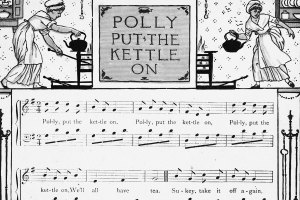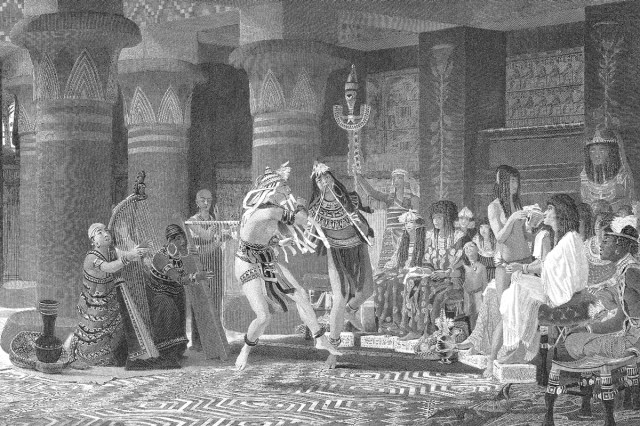What a Typical Day Was Like in Ancient Egypt
Ancient Egypt has fascinated people for centuries — its towering pyramids, mysterious mummies, and richly decorated tombs have inspired everything from Hollywood blockbusters to bestselling novels. But beyond the legends and larger-than-life stories, historians now know more than ever about what everyday life was really like for the people who lived along the Nile thousands of years ago.
Thanks to archaeological finds, new technology, and ongoing research, we can piece together a surprisingly detailed picture of how ancient Egyptians worked, worshipped, and went about their daily routines. From the powerful pharaoh to the educated scribe to the hardworking laborer, every member of society had a role to play in keeping this remarkable civilization running.
So what did a typical day look like? Let’s look at three very different types of people — a ruler, a writer, and a farmer — to see what life was like in this ancient civilization.

Morning
Life in ancient Egypt started early. For a farmer, the cooler hours of the early morning were the best time to get work done. After a quick breakfast — usually some coarse bread, onions, and beer — they headed to the fields. Depending on the season, they planted wheat, chickpeas, lentils, sesame, or flax; checked on their crops; or worked hard to bring in the harvest before the midday heat set in. While women might work alongside the men during harvesting, they were more likely to be in the home, tending to the household chores and caring for young children.
Things looked pretty different in the royal palace. The pharaoh’s morning was all about ceremony. Surrounded by priests and attendants, the king or queen took part in prayers and rituals to honor the gods — especially Ra, the sun god, whose rising was seen as a sign that all was right in the universe. The pharaoh didn’t exactly dress themself, either; they were bathed, perfumed, and dressed by their attendants in fine linen and gold, ready to represent divine power throughout the day.
In the city, the scribe started their day with a light breakfast of bread, dates, and beer. Then they headed to work — maybe at a temple, government office, or even a granary where they documented grain quantities. Scribes were part of a small, educated group of women and men in Egyptian society, and their writing skills were essential for keeping records, managing resources, and making sure everything ran smoothly.




















